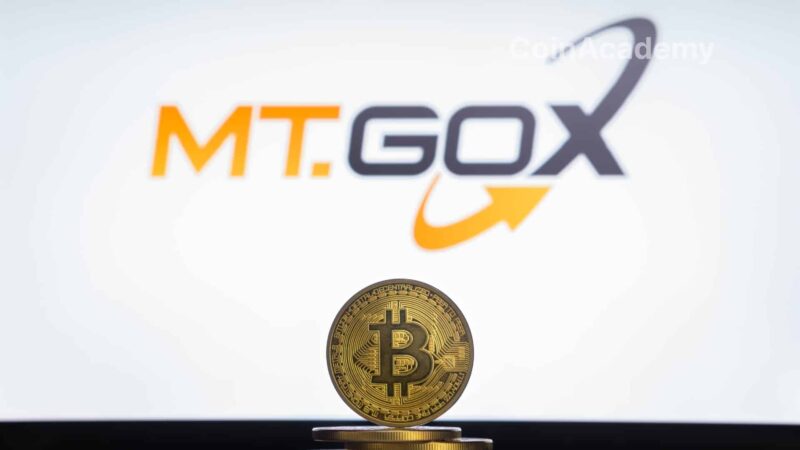The US Securities and Exchange Commission (SEC) has decided not to recommend any coercive measures against Paxos following an investigation into the BUSD stablecoin. Paxos anticipates a new wave of adoption of stablecoins by major global companies, highlighting their potential to transform payment, settlement, and fund transfer systems. The SEC’s stance on the classification of stablecoins remains unclear as US lawmakers work on legislation to regulate these digital assets.
Reactions from Paxos
Paxos expressed optimism about the implications of this decision for future stablecoin adoption. The company believes that this development will trigger a new wave of adoption by major global enterprises. Paxos emphasizes that well-designed stablecoins with strong consumer protections, such as those issued by their company, have the potential to transform the financial system, particularly in the areas of payments, settlements, and fund transfers.
SEC’s Actions History
Last year, the SEC issued a Wells Notice against Paxos regarding its involvement with the BUSD stablecoin. Later, the SEC filed a lawsuit against Binance, alleging that the BUSD was a security. However, questions persist about the agency’s position on stablecoins and their classification as securities, given the recent decision to close the investigation without recommending coercive action.
SEC Declarations and Legislative Issues
An SEC spokesperson stated that the agency does not comment on the existence or absence of any potential investigation. This decision to close the investigation on the BUSD comes as US lawmakers are working on legislation to regulate stablecoins. Representatives Maxine Waters and Patrick McHenry are collaborating on a bill, though a major challenge remains in determining which entity will be the primary regulator of stablecoin issuers. Efforts are also underway in the Senate to regulate these digital assets.
Position of SEC Chairman
SEC Chairman Gary Gensler had previously compared stablecoins to money market funds and other securities. He stated that, based on their characteristics such as interest payments, value preservation mechanisms, or how tokens are offered, sold, and used in the crypto ecosystem, they could be considered as shares of money market funds or another form of security. The SEC’s decision to close the investigation on the BUSD without recommending legal action provides some clarity but also raises questions about the future regulation of stablecoins and their legal classification.




